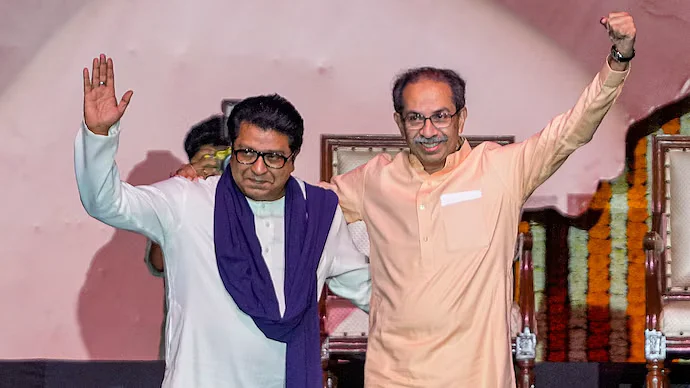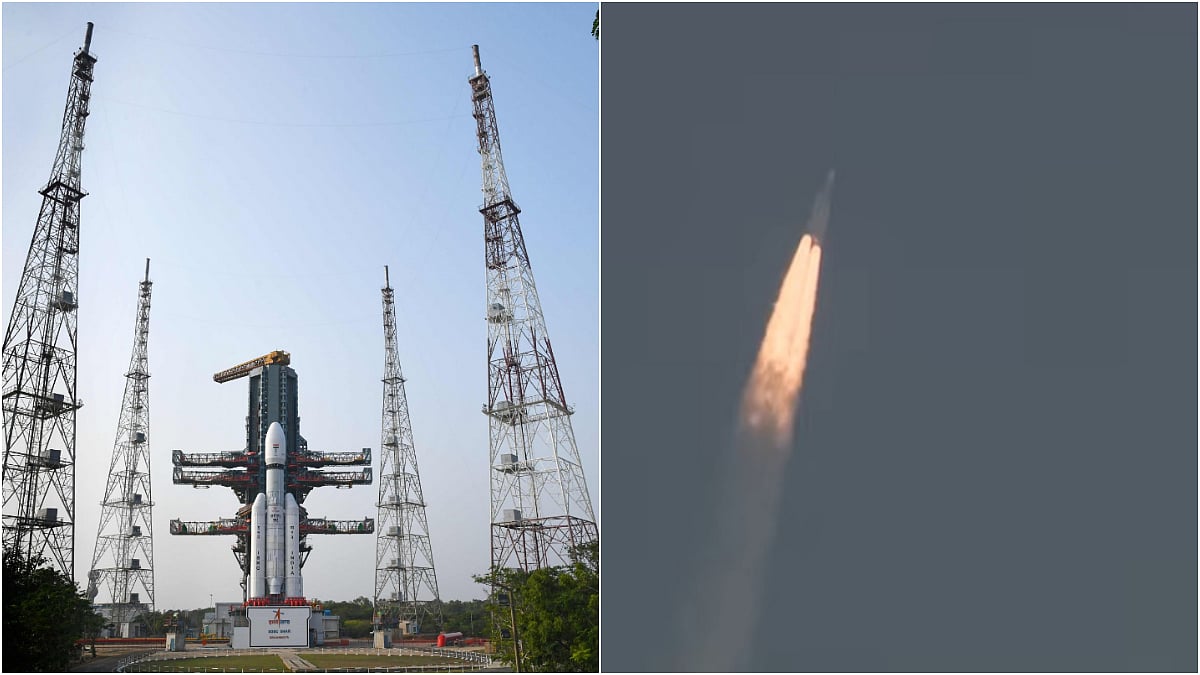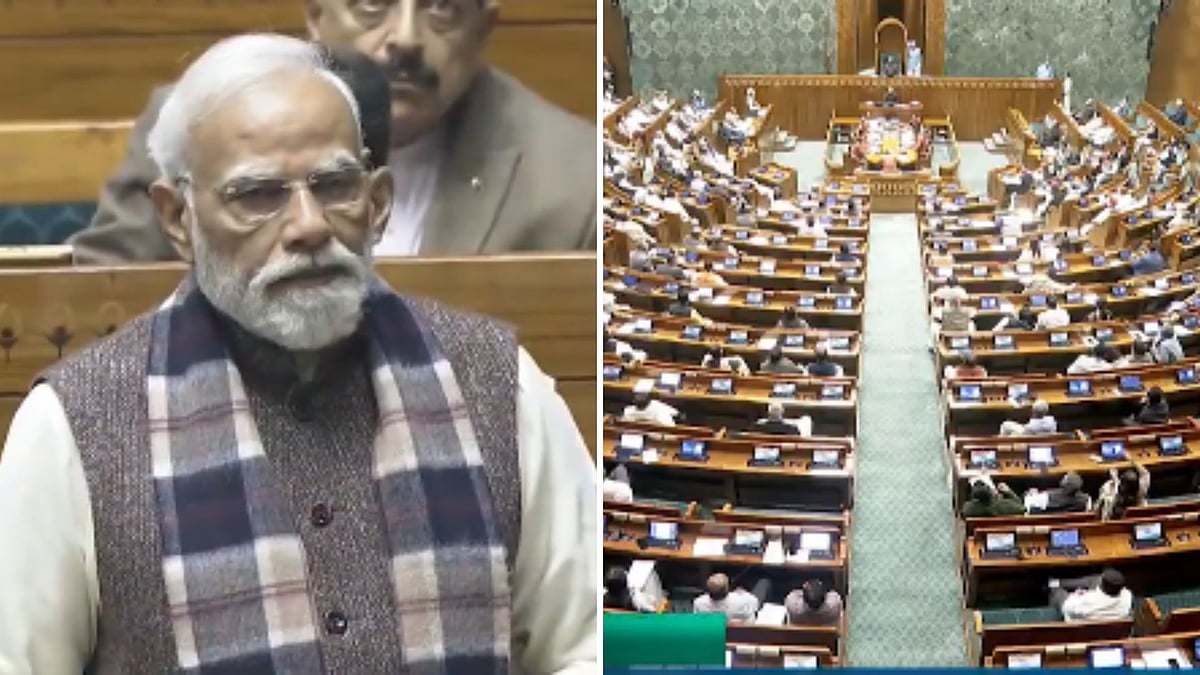Bengaluru’s waste management bureaucracy scored a spectacular success by returning to about 200 houses the waste that their occupants had reportedly dumped in public places. The ‘waste dumping festival’, as Bengaluru Solid Waste Management Limited (BSWML) called its awareness-building campaign, is trying to tell residents that waste is one’s own problem, not someone else’s. Videos of vehicles tipping the mixed trash back in front of houses may send out the message effectively, but the next act in this play is bound to put reverse pressure on the official system: residents complaining that their trash is all sorted but has nowhere to go. Karnataka’s capital, also the country’s top information technology metropolis, faces the conundrum of growing consumption—and therefore waste generation—and the lack of systems at scale to manage it sustainably. With a daily volume of the order of 5,000 tonnes, the city struggles to collect all of its waste in segregated form and then to transfer it to designated centres for processing. Last month, Deputy Chief Minister DK Shivakumar blamed a garbage mafia for stymying reform in the city amid allegations that vested interests are cashing in by inflating waste transfers to landfill. From the residents’ perspective, many working in the IT sector in different global time zones, isolated from the real world or caught in long commutes, find it almost impossible to act in sync with the trash collection schedules. It does not help that quick commerce, online retailers, and food deliveries are adding to the mountains of trash with excessive packaging, plastic containers, and carry bags.
Unlike Chennai, which has similar daily solid waste volumes and a poor segregation record, there are few public bins in Bengaluru. The tipper autorickshaws deployed to collect are grossly inadequate, ratcheting up pressure on residents and encouraging tossing into any vacant space. In some parts of the metropolis, community-led initiatives employing informal waste pickers and small entrepreneurs have achieved progress by sending more materials into the recycling stream, but there are limits to decentralised initiatives without city-wide management and infrastructure. In the event, the waste dumping festival of BSWML has focused attention on a primary policy dysfunction. Studies by the Indian Institute of Science found the city’s trash to be about 70% organic and amenable to sustainable management, including composting. What must follow is segregation to achieve significant volume cuts and aid materials recovery and recycling, with very little sent to scarce landfills. Bengaluru, and all Indian cities, needs a bold new solid waste management model, offering rewards for good practice that contrast the penalties for the recalcitrant. Citizens must be encouraged to segregate out of self-interest. Cutting waste at the source and using genuine green alternatives are systemic interventions that only enlightened policy can promote. Bengaluru’s campaign serves to pose tough questions for both citizens and policymakers.






